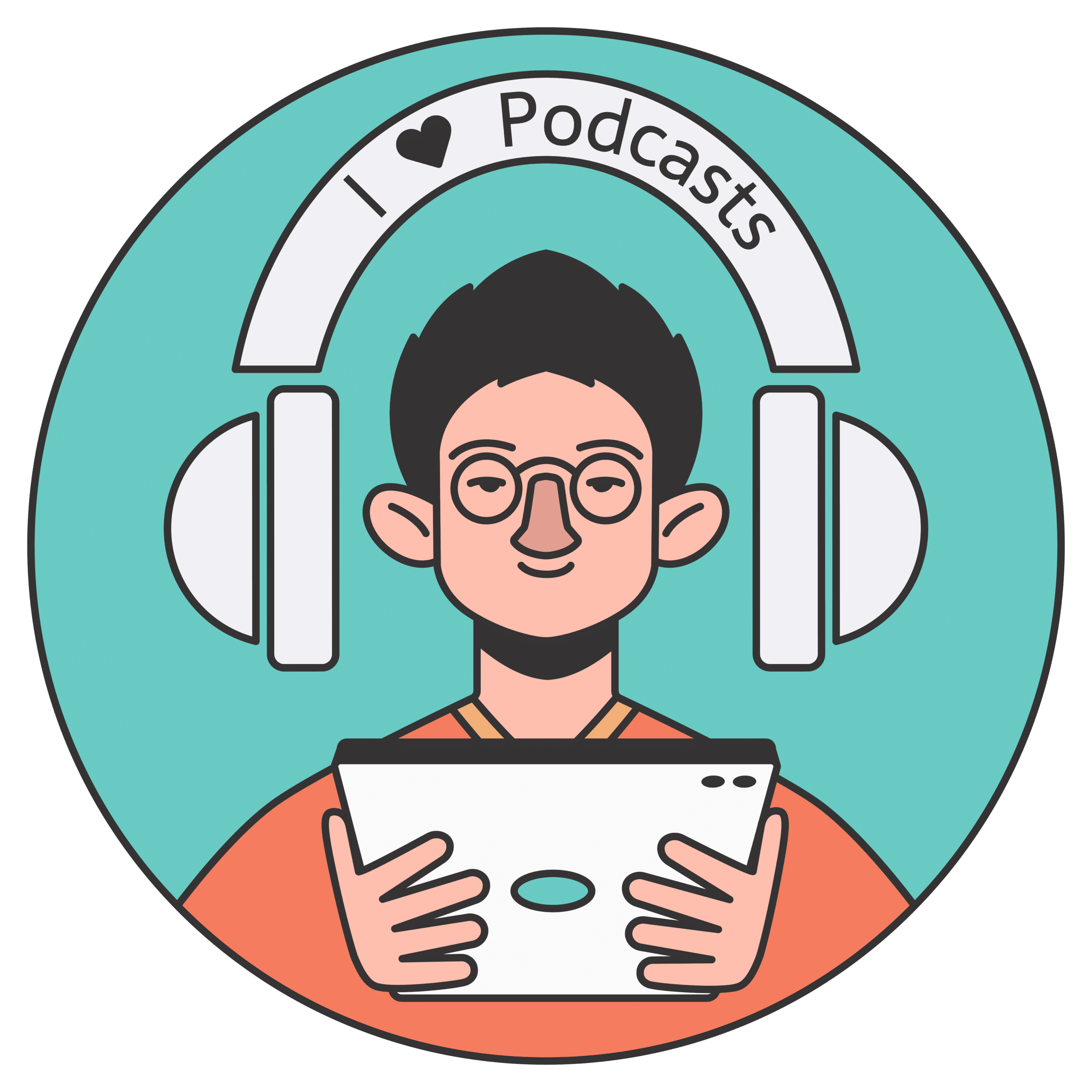Last Updated on January 3, 2023
 Careful listening is a valuable lifelong skill. It helps us learn language, integrate stories from our past, forge human relationships, and succeed in school and the workplace. Starting from a very early age, listening is a key skill in helping children learn to read and become better readers. Understanding the connection between listening and reading is critical in supporting literacy.
Careful listening is a valuable lifelong skill. It helps us learn language, integrate stories from our past, forge human relationships, and succeed in school and the workplace. Starting from a very early age, listening is a key skill in helping children learn to read and become better readers. Understanding the connection between listening and reading is critical in supporting literacy.
With reading scores either dropping or holding steady on the National Assessment for Educational Progress (NAEP), we see an important opportunity nationwide to teach listening to support reading comprehension. On the 2019 NAEP Reading Assessment, two out of three students did not meet the standards for reading proficiency in the 4th or 8th grade, and only 35% of 4th graders in the U.S demonstrated reading proficiency. Listening is a missing piece of the literacy puzzle.
What the Research Says
Research establishing the link between listening and reading goes back decades. In a 2018 webinar, literacy expert Timothy Shanahan explained that many studies have shown a large and significant relationship between children’s early language development, including listening, and later reading achievement. Given the strong link between listening and reading, it stands to reason that improving listening comprehension skills leads to stronger reading skills. However, there has been a notable lack of research in this area, in part because valid, reliable measures of listening comprehension have been lacking.
This has changed with a new Lexile Framework® for Listening developed by Metametrics, the creators of the Lexile Framework® for Reading. In January 2020, Metametrics released a new research-based measure of audio passage complexity and student listening comprehension. With valid and reliable measures of both listening comprehension and reading comprehension, further research into the relationship between the two and how they impact literacy will be possible. The new listening measure has significant implications for teaching listening and supporting literacy in the classroom. Listenwise stories now include a Lexile audio measure indicating their level of complexity, which can be helpful in selecting appropriate stories for student listening.
What is the connection between listening and reading?
As noted in our previous blog post on the relationship between listening and reading, to understand the link between listening and reading, it helps to start with a model of reading. The “simple view” (Gough & Tunmer, 1986) breaks reading into two basic components: decoding and language comprehension. Researchers agree that most differences in students’ reading performance can be explained by variations in these two factors. Instruction in the early grades typically emphasizes decoding, or sounding out and recognizing words to translate printed text into oral language. But to become good readers, students also need listening comprehension skills, or the ability to understand language and make meaning of those words and the messages they convey.
How can listening help with reading?
As the academic emphasis moves from “learning to read” to “reading to learn,” language comprehension assumes a more prominent role. Children who have mastered decoding but lack strong comprehension skills – known as “poor comprehenders” (Hogan, 2014) – tend to fall behind as texts become more conceptually complex, containing more academic vocabulary and requiring more background knowledge to understand.
Listening can support crucial skills necessary for improving reading. Dozens of studies have documented the importance of two key areas influencing reading level: vocabulary and background knowledge (Shanahan, 2018). Students with larger vocabularies can read and understand more complex texts. And students with background knowledge of a subject perform better on reading tests than those who encounter the subject for the first time, even if they are lower level readers (Recht & Leslie, 1988). With these factors in mind, education journalist Natalie Wexler makes the case for asking students to take a deep dive into one subject area rather than only practicing decontextualized reading skills. Building knowledge and vocabulary around one subject, bit by bit, through different inputs, motivates students and equips them with the foundation they need to continue improving their reading. Educators are finding success in improving literacy with curriculum materials that help students develop background knowledge, vocabulary, and comprehension skills within an interdisciplinary context.
Research indicates that among many students, especially those who are not yet proficient readers, listening to a passage often results in better comprehension than reading the same passage, making listening an effective way to expose kids to complex concepts and new vocabulary. Teaching with engaging, high quality audio stories, such as those curated by Listenwise, offers opportunities for students to learn academic language and build background knowledge about a host of important topics. Struggling readers and English learners can especially benefit from listening because it allows them to engage with higher level content and participate more actively in discussions than they otherwise might. Students can focus on developing comprehension strategies such as making inferences and identifying the main idea, which apply to both listening and reading, through the engaging medium of audio, without the cognitive load of decoding.
Brain research is further illuminating the link between listening and reading. Neuroscientists recently discovered that the same parts of the brain are activated whether a person hears words or reads them on a page. The research has implications for students with dyslexia, among others. But it also highlights the important role listening plays in learning, as a helpmate and equal partner to reading. With the new Lexile® listening measure, teachers will be better able to assess and monitor listening comprehension, and education researchers will be able to further investigate the relationship between listening and reading.

